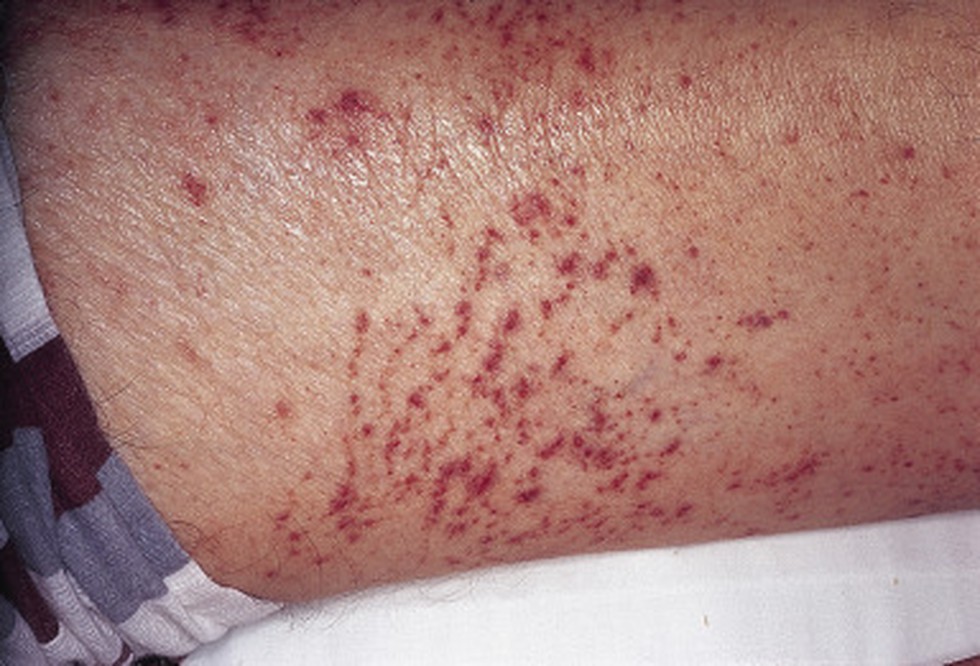
About Thrombotic Thrombocytopenic Purpura (TTP):
Power generation is set to commence a...
The Supreme Court recently overruled ...
Following the order of the National G...
Researchers from Australia and German...
The Telecom Regulatory Authority of I...
The first ever-space exercise ‘Antari...
Gluten is infamous for the allergic r...
France is considering India’s Pinaka ...
Union Minister of Power and Housing &...
Recently, researchers discovered a ne...